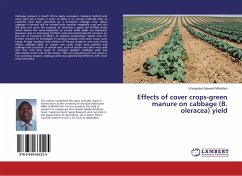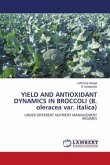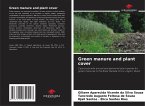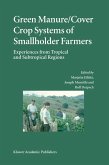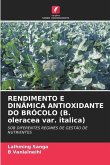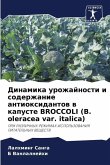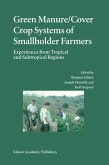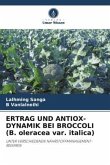Cabbage growers in South Africa apply succession cropping method and never give soil a break in order to allow it to recover naturally after its nutrients have been absorbed by a harvested cabbage crop. When cabbage is rotated will be rotated with another vegetable crop and this still does not serve the purpose of retaining a good soil fertility status which allows the micro-organisms to survive while yields are improved. However, due to increasing fertilizer costs and environmental concerns on the use of inorganic fertilizers to improve productivity. Needs arise for further research to investigate if rotating cabbage with cover crops: sunn hemp, forage sorghum and mixture of forage sorghum and sunn hemp affects cabbage yield. In season one cover crops were planted and cabbage was a control. In season two, each of season one plots were split into four and four levels of nitrogen applied. Cabbage yield was determined at the end of the season. This was repeated over two years or four growing seasons. Cabbage yield was significantly different with cover crops and years.
Bitte wählen Sie Ihr Anliegen aus.
Rechnungen
Retourenschein anfordern
Bestellstatus
Storno

